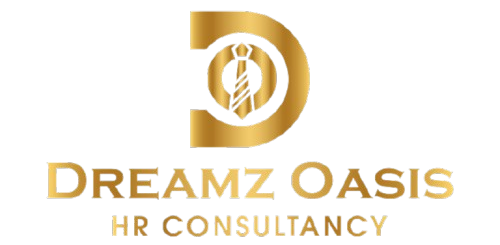 855 road, broklyn street, new york
855 road, broklyn street, new york 888 999 0000
888 999 0000
 Info@examplegmail.com
Info@examplegmail.com
Skilled jobs require specialized knowledge, training, or qualifications, often gained through education, apprenticeships, or on-the-job experience. These roles typically involve a higher level of expertise and responsibility compared to unskilled jobs. Here are some examples of skilled jobs across various industries:
- Engineering & Construction
- Civil Engineers
- Electricians
- Plumbers
- Structural Engineers
- HVAC Technicians
- Healthcare
- Doctors
- Nurses
- Pharmacists
- Radiologists
- Physiotherapists
- Information Technology
- Software Developers
- Data Analysts
- Network Administrators
- Cybersecurity Specialists
- IT Project Managers
- Hospitality
- Chefs
- Hotel Managers
- Event Planners
- Sommeliers
- Pastry Chefs
- Finance
- Accountants
- Financial Analysts
- Investment Bankers
- Auditors
- Actuaries
- Manufacturing & Industry
- CNC Machine Operators
- Industrial Designers
- Quality Control Inspectors
- Welding Technicians
- Robotics Technicians
- Creative Industries
- Graphic Designers
- Architects
- Interior Designers
- Photographers
- Video Editors
- Education & Training
- Teachers
- Professors
- Corporate Trainers
- Educational Consultants
- Special Education Coordinators
- Legal
- Lawyers
- Paralegals
- Legal Consultants
- Judges
- Compliance Officers
- Oil & Gas / Energy
- Petroleum Engineers
- Geologists
- Energy Consultants
- Environmental Scientists
- Drilling Supervisors
Skilled jobs often come with opportunities for career growth, professional certifications, and higher wages, as they demand a higher level of expertise and decision-making abilities.






